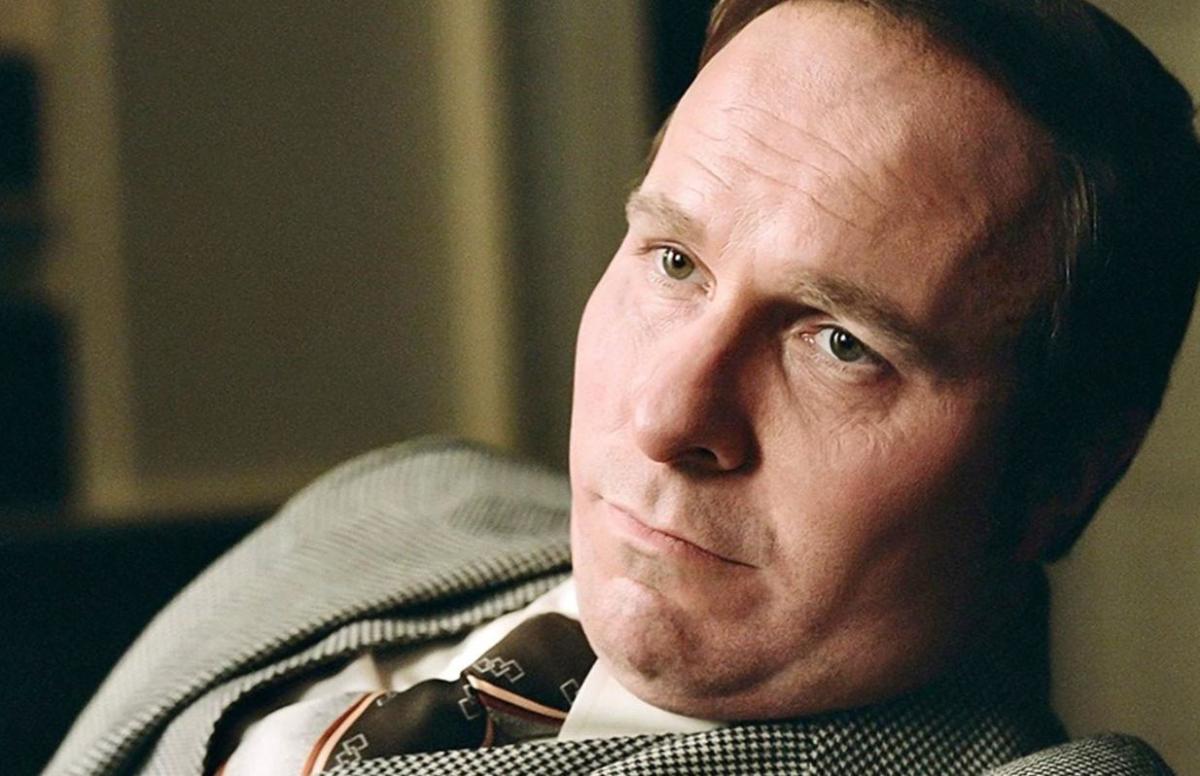If I’ve learnt anything from watching Adam McKay’s latest films, The Big Short and now Vice, it’s that the man has tapped into a unique and innovative form of storytelling. It’s a style of cinema that explores controversial subjects in an entirely unorthodox way. Through pop culture references and an engrossing visual style, McKay has discovered a formula that appeals to a larger, and younger, demographic, without having to sacrifice the harsh realities in which he wished to explore. It’s frankly a genius way of exposing stories that would perhaps otherwise go unheard.
In The Big Short, a film about four men who bet against the US mortgage market by predicting its inevitable crash, McKay employed a storytelling device to discuss complex banking terms that would surely fly over the head of anyone unfamiliar with such technical jargon. By breaking the fourth wall and cutting to a cut to real life celebrity, such as Margot Robbie and the late Anthony Bourdain, McKay made the concept far easier to understand by explaining it in a metaphorical fashion. Bourdain, fittingly, used halibut to explain collateralized debt obligations.
The Big Short offered a fresh, insightful, and often very amusing insight into a complex issue. What we learn is infuriating to behold, but the film is so charismatic in its storytelling that at no point does it feel like an unrewarding visual experience.
Vice shares similarities while also harbouring key differences. The Big Short is told from the perspectives of four relatively unknown men, Vice, however, deals with public and political figures. Namely, Dick Cheney (Christian Bale). A lesser-known man in himself. The film is less a fleshing out of a notoriously private man, but rather an exploration of how his actions and decisions as vice president to George W. Bush led to global consequences still felt today.
Stylistically, Vice succeeds. Like The Big Short, it’s fast-paced, energetic storytelling. You buy into it. It all fits together. Its merging of stock footage into more traditional scenes serves the story both to explore capitalism and simply because it’s an attractive and dedicated form of editing.
Its tone is shady and untrustworthy, and it lingers throughout the movie, exuded in particular by its terrific cast. Christian Bale returns for McKay and is, as ever, captivating, literally giving body and soul for his craft (he gained 45 pounds, shaved his head, and bleached his eyebrows for the role). In the early stages, he brings an almost suave likability to Cheney, which considering what we learn about the man, is indicative of Bale’s sheer talent for becoming his character. Amy Adams delivers a powerful performance as the woman behind the man, Lynne Cheney, who led a successful political career of her own. Anyone familiar with American Hustle knows the chemistry these two bring to the screen.
Bale is a serious contender for another Oscar, as is Adams, and if the film is judged on these qualities then it would be a roaring success.
The issue is, much like the invasion of Iraq, Vice feels a little needless. The decisions of The White House at the time are controversial and well documented. Cheney wasn’t a beloved figure. The modern Republican party has its suitors but also its fair share of haters. Therein lies the issue. While I certainly learned a thing or two from Vice, what knowledge I did gain only led me to concentrate my anger at Cheney, a heartless figure who I cared very little for in the first place. The nonchalant manner in which he makes ruthless and life-changing decisions is terrifying but unsurprising. The Big Short addressed the moral consequences of profiting from the pain of others, but Vice gives us no clue that Cheney shows any such remorse, nor does it give us any attempt to explore his thoughts and feelings, save for a short monologue at the very end where he breaks the fourth wall and stands belligerently by his decisions, even in the face of adversity.
If The Big Short feels like a necessary education, Vice feels like a pushy salesman. Cheney led a notoriously private life, he worked in the shadows, and for good reason, it seems. What we do learn about the man is derived from a single perspective, that of McKay’s, and it always feels as if he’s trying to convince us of something. We acknowledge what he says, but we have to take the man at his word to some degree. The film’s not so subtle stance on the modern Republican party also suggests a touch of liberal agenda, and while it’s clear the film isn’t necessarily trying to convert anyone in any way, its message feels a little contrived, and goes some way to lessening the impact of the move, regardless of your political stance.
Vice falls short of the standard left by its predecessor because it embodies the very man whose story it wishes to tell. Whereas The Big Short likes to play out in the open, Vice operates in the shadows. What we learn from both is a bittersweet experience, it’s just that one feels more gratifying than the other.
Some of the coverage you find on Cultured Vultures contains affiliate links, which provide us with small commissions based on purchases made from visiting our site.

